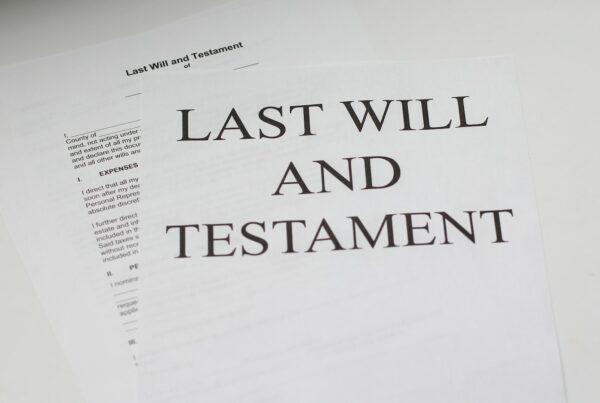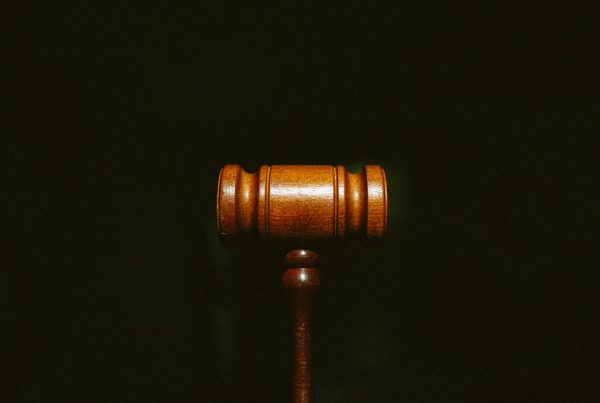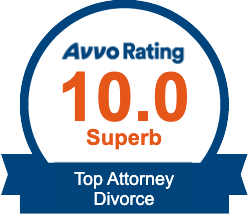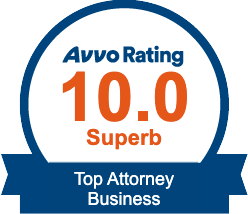Allison & Mosby-Scott would like to thank the men and women in uniform, past, present, and future. We are so grateful for your sacrifice, dedication, bravery and service in protecting our freedoms. God bless you!
We’d also like to remind veterans with disabilities that they are eligible for property tax exemptions in Illinois on their primary residence. The following laws provide exemptions:
- Veterans with Disabilities Exemption (35 ILCS 200/15-165);This exemption may be up to $100,000 reduction on the assessed value for certain types of housing owned and used exclusively by a veteran with a disability in which federal funds have been used for the purchase or construction of specially adapted housing. The exemption is valid for as long as the veteran, the spouse, or the unmarried surviving spouse resides on the property. Federal and state financial assistance is provided for service-connected veterans with disabilities for the purpose of acquiring or remodeling suitable dwelling units with special fixtures or moveable facilities made necessary by the veteran’s permanent and total service-connected disabilities as determined by the U.S. Department of Veterans’ Affairs.Beginning with the 2015 tax year, the exemption also applies to housing that is specifically constructed or adapted to suit a qualifying veteran’s disability if the housing or adaptations are donated by a charitable organization, and the veteran has been approved to receive funds or the purchase or construction of Specially Adapted Housing through the U.S. Department of Veterans Affairs. This exemption is also available on a mobile home owned and used exclusively by a veteran with a disability or his or her spouse.For a single tax year, the property cannot receive this exemption and the Homestead Exemption for Persons with Disabilities or Standard Homestead Exemption for Veterans with Disabilities. For further information, please contact your local Veteran Service Officer.
- Homestead Exemption for Persons with Disabilities (35 ILCS 200/15-168);This exemption is an annual $2,000 reduction in the EAV of the primary residence that is owned and occupied by a person with a disability who is liable for the payment of property taxes.The initial Form PTAX-343, Application for the Homestead Exemption for Persons with Disabilities, along with the required proof of disability, must be filed with the Chief County Assessment Office. The exemption must be renewed each year by filing Form PTAX-343-R, Annual Verification of Eligibility for the Homestead Exemption for Persons with Disabilities, with the Chief County Assessment Office. The property cannot receive this exemption in the same year it is receiving the Veterans with Disabilities Exemption for Specially-Adapted Housing or the Standard Homestead Exemption for Veterans with Disabilities.
- Standard Homestead Exemption for Veterans with Disabilities (35 ILCS 200/15-169).Beginning in tax year 2007 and after, this exemption is an annual reduction in equalized assessed value on the primary residence occupied by a qualified veteran with a disability. This veteran with a disability must own or lease a single family residence and be liable for payment of property taxes. The property’s total EAV must be less than $250,000 after subtracting any portion used for commercial purposes. The amount of the exemption depends on the percentage of the service-connected disability as certified by the United States Department of Veterans’ Affairs. A qualified veteran with a service-connected disability of at least 30% but less than 50% will receive a $2,500 reduction in EAV; if the veteran has a service-connected disability of 50% but less than 70%, the annual exemption is $5,000; and if the veteran has a service-connected disability of 70% or more, the residential property is exempt from taxation.Note: An un-remarried surviving spouse of a veteran who was disabled and is now deceased can continue to receive this exemption on his or her spouse’s primary residence, or transfer this exemption to another primary residence after the original primary residence of a veteran with a disability is sold, provided this exemption had previously been granted to the veteran with a disability.The surviving spouse must occupy and hold legal or beneficial title to the primary residence on January 1 of the assessment year and submit a Form PTAX-342, Application for the Standard Homestead Exemption for Veterans with Disabilities, available from your local assessment office, to transfer this exemption to themselves.Beginning in tax year 2015 (property taxes payable in 2016), an un-remarried surviving spouse of a veteran killed in the line of duty will be eligible for a 100% reduction in the EAV on his/her primary residence, even if the veteran did not previously qualify for or obtain the SHEVD.For a single tax year, the property cannot receive this exemption and the Veterans with Disabilities Exemption for Specially Adapted Housing or the Homestead Exemption for Persons with Disabilities.
Veterans with disabilities can claim only one of these exemptions for a single tax year.






